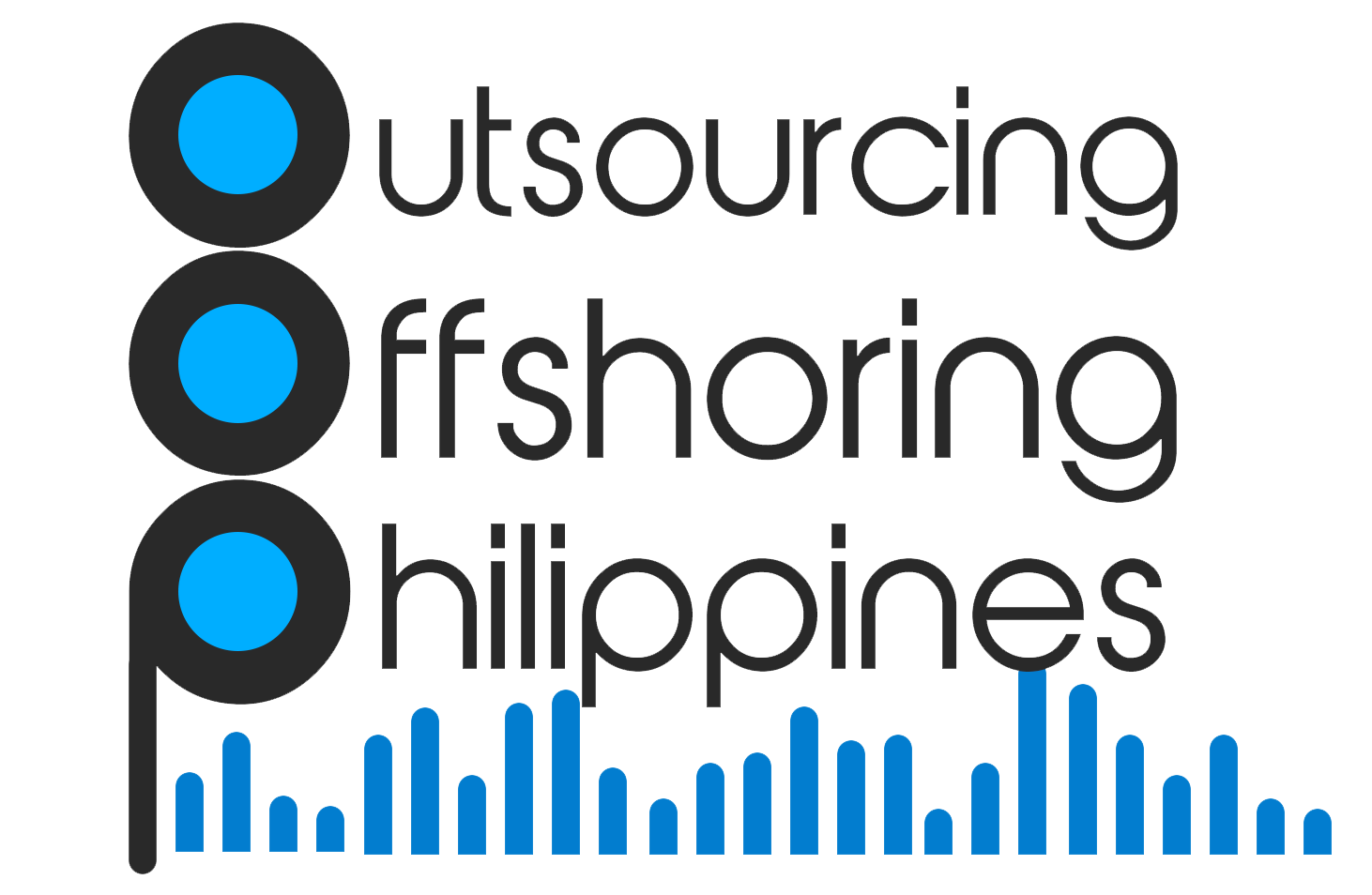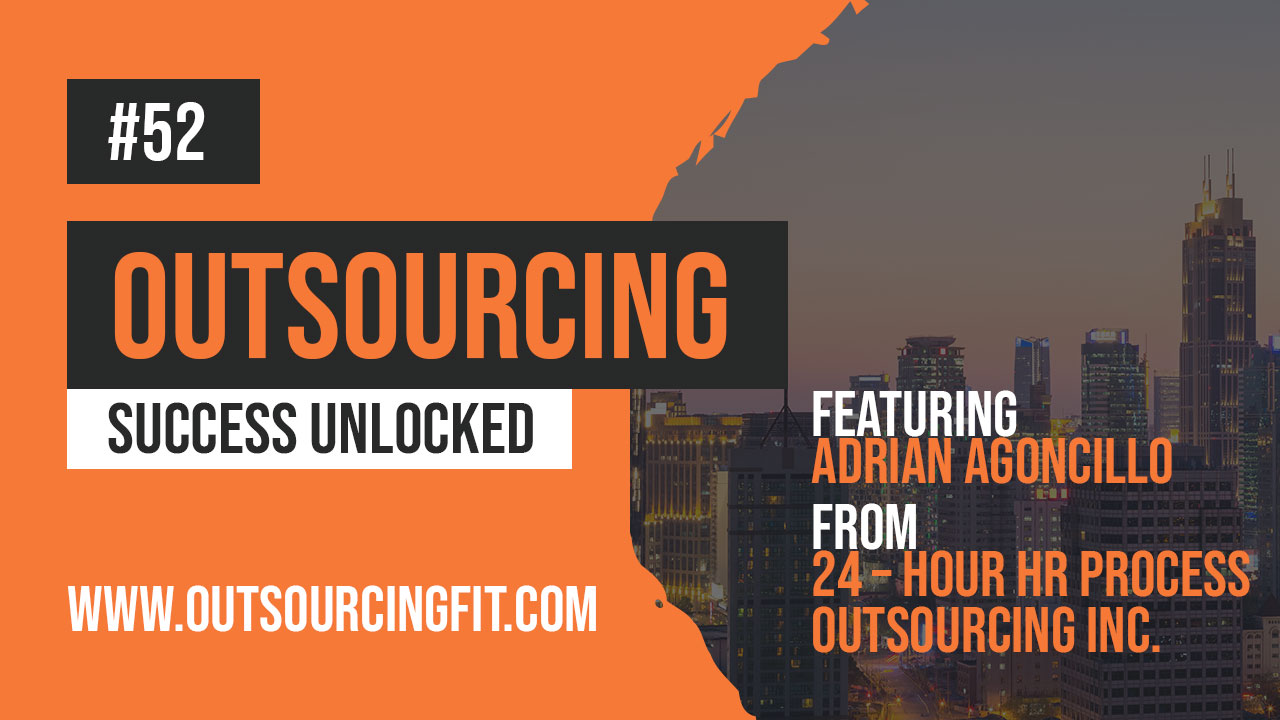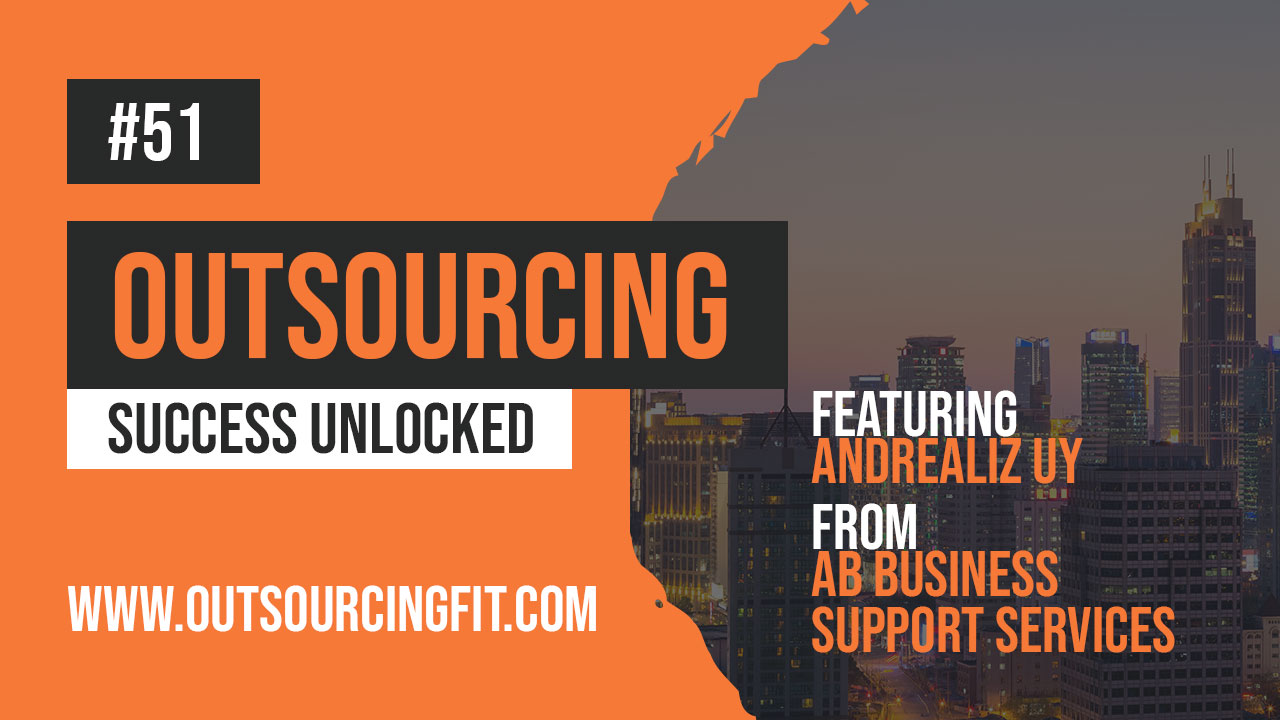 Guest: Homer Nievera
Guest: Homer Nievera
Presenter: Henry Acosta
Guest Bio: The Chief “Digipreneur” of MediaBlast Digital and Negosentro, Homer Nievera, joins the podcast to talk about his story and experience with the business process outsourcing industry here in the Philippines.
He shares his great stories on what made him successful in the industry and how he helped shape a lot of people’s lives with the opportunity that he has been provided with and has provided to other people as well.
Address: MediaBlast Digital – 5/f MyOffice Suites, Builders Centre, Salcedo St., Legaspi Village, Makati City 1200
Contact: MediaBlast Digital – (632) 744.1295 ; Negosentro – N/A || [email protected] ; [email protected]
Website: www.mediablastcorp.com ; wwww.negosentro.com
To know more about MediaBlast Digital & Negosentro, listen to the podcast below!
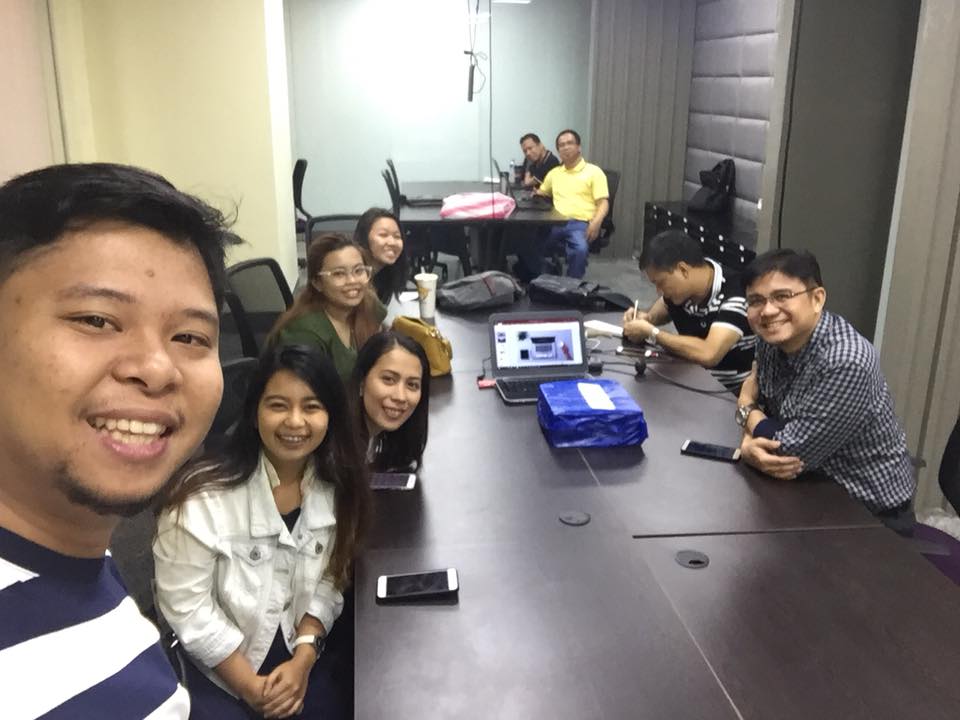
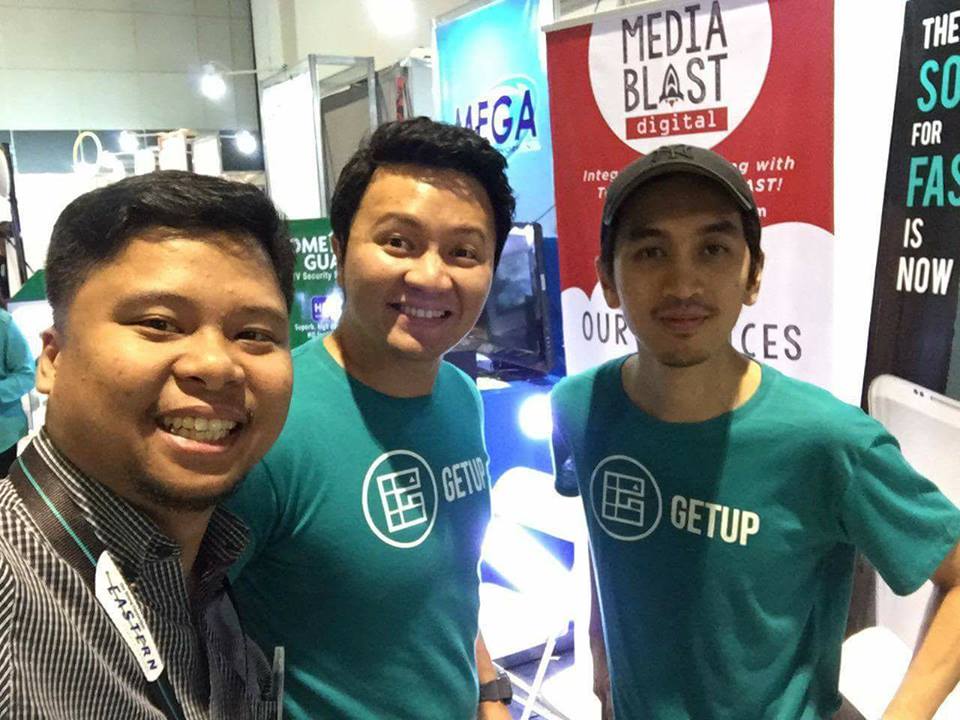
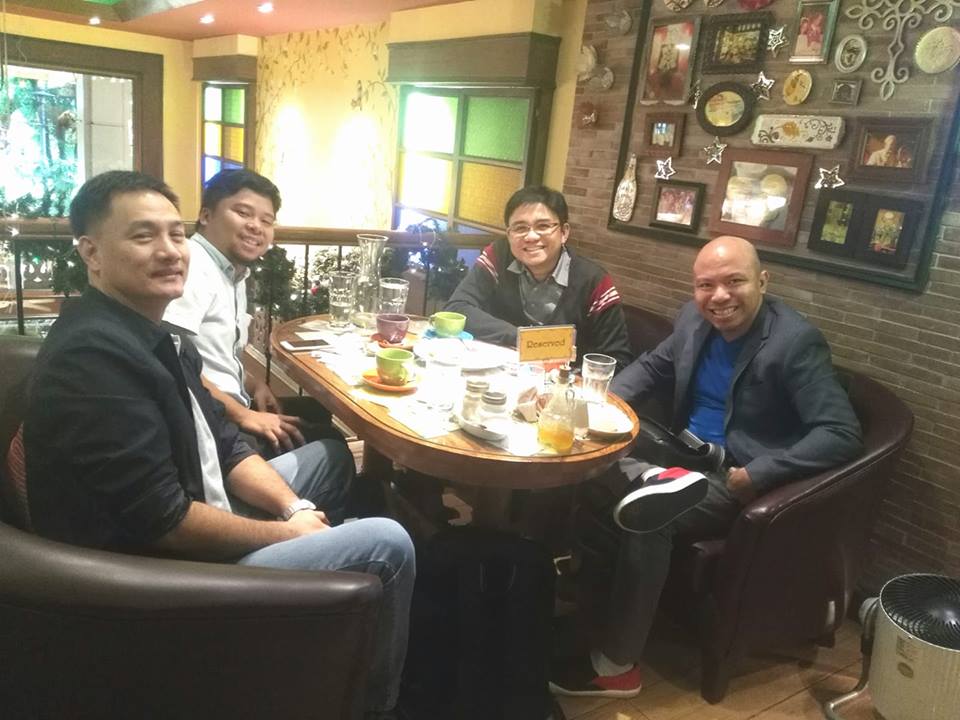
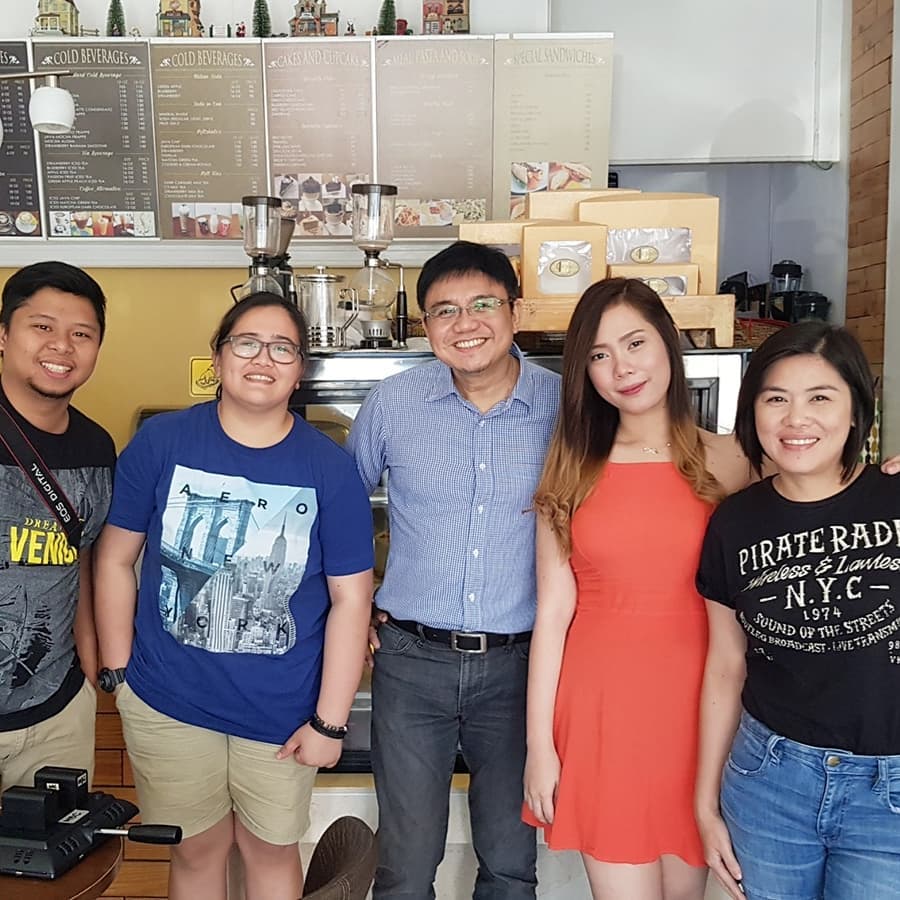
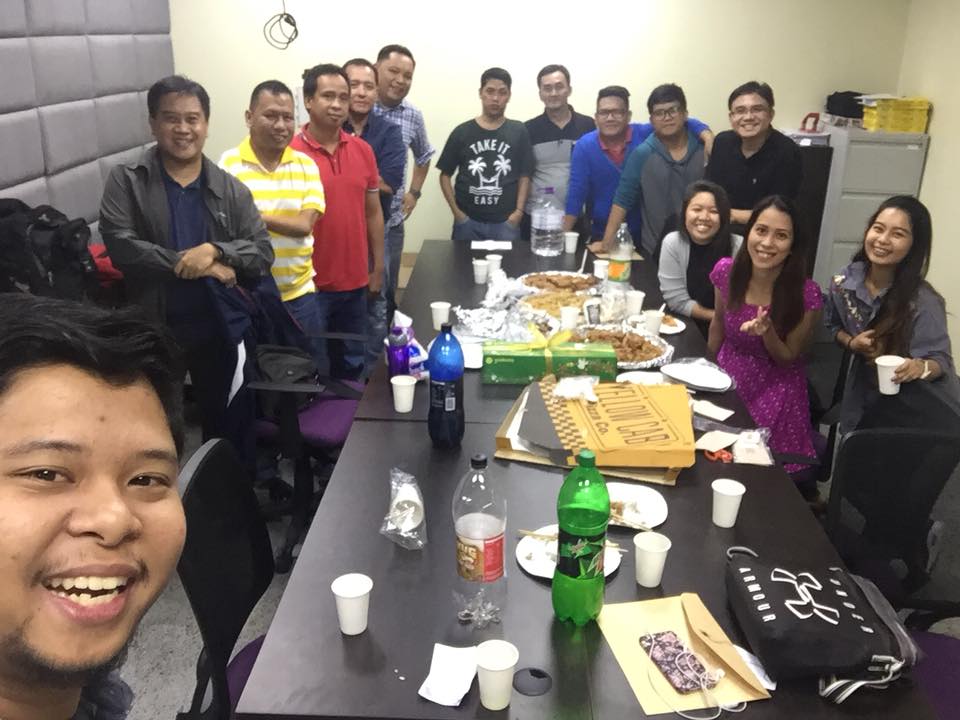
Transcript
Henry Acosta: Hi, this is the Outsourcing and Offshoring Philippines podcast and I am Henry Acosta, the host of the podcast and thank you for joining us today. Our guest today is Homer Nievera, he is the Co-CEO, their Chief Digipreneur and their Chief Content Officer at Negosentro. Negosentro is part of Media Blast Digital and he’s joining us today to talk about Negosentro, what they do and tell us about who they are. So with all that said, welcome to the show Homer and thank you so much for your time.
Homer Nievera: Well, it’s a pleasure Henry.
Henry: So can you tell us a little bit more about yourself and what you do for Negosentro?
Homer: So first, I’m actually a communicator by profession but I was trained in marketing for about 30 years. So Negosentro is actually part of a hobby that I acquired about seven years ago and during that time believe it or not, I was working for Friendster. So if anyone still remembers what Friendster is about, so it was the first social network and I was actually the head of Global Partnerships at the time. And about seven years ago, I noticed that a lot of startups in the Philippines didn’t know what a start-up was in the first place. So the blog was there really to just put all my ideas about how startups should be developed at a chatter here in the Philippines because most of the people I was talking to were based in the U.S. in Silicon Valley but works in Mountain View, well, along that same area. And when it started, it was a simple hobby but I noticed that in one month, I had to change or upgrade the servers because a lot of interest was drawn towards that blog. And I notice that a lot of that work were coming from abroad but it turned out that later on, about 80% were Filipinos. And there’s a quick story behind it where in it’s the first time that I’ve heard somebody message me and tell me that what the hell was I doing because I actually burned a chip in their server, so I said “Really? So is that how it works?” And they thought I was spamming people to go to the site. I said, “No, it’s just normal” and I remember I just tweeted I think. So anyway for me, I saw the opportunity that probably there was something in it. Then consequently, we were able to upgrade the content, etc. and in about 45 days, I was able to get back my investment. I had advertisers already on the site, etc. The company was not really bought out per say, but it was made as a venture, as a primary venture of Media Blast Digital. Negosentro was born out of a joint venture with Media Blast eventually wherein it became a former company but it retained its identity. So what happened was we were getting a lot of content creation, mostly writing stuff from the U.S. and it opened a lot of avenues wherein eventually I created a company in the U.S. back in 2012, were two companies actually but we eventually exited in 2013 I came back to the Philippines. They thought we were establishing an agency I said, “No, we’re just a supplier, a consulting firm.” And Negosentro still became a site where in we made actually money, we still make money out of content creation but the former company or the holdings company is called “Media Blast Digital.” So that is what we do. So here in the Philippines, we employ a lot of Filipinos both regular employees and we have a lot of content writers and from just one site or one plot called Negrosentro, now we have roughly about 30 sites so it’s now a content network.
Henry: Wow and that sounds awesome.
Homer: That’s how it started.
Henry: So can you tell us about the all kinds of content or services do you guys offer to your clients?
Homer: So I’ll wear my Media Blast hat now, because it’s now a network of different blogs. Well, the main service that we have is first and foremost content creation and content strategy. Though we outsource a lot of our videos but the strategy, the scripts, and everything that goes into it is going through us. And so first and foremost it’s content, right? Believe it or not, the next biggest revenue that we get is from advertising. Well it’s like traditional advertising in the Philippines and it’s kind of cool because the digital marketer is like passive income and that’s where we still make a lot of revenue. And the third one is that now, we’re into we call it “Talent Outsourcing” we have actually two types of talent outsourcing wherein one is that we’re in contact with a lot of social influencers here in the Philippines where we’re kind of strong. Our office in the U.S. is starting with our first two influencers there and what we’re doing here is that develop or we scout for the best influencers to use for our content marketing projects. But we also have talent outsourcing, wherein we just stumble upon it wherein we are used to get temps or temporary staff for IT projects as well. So I guess it’s just part of the industry that we’re in and at times we’re used also to headhunt for companies coming from abroad and they’re starting in the Philippines mostly. So it’s hard for people from other countries who come over and start a company to get stuff from IP and other people at the technical fields so our company is also used to outsource initially, then we are the ones who look for talent for them.
Henry: And are you guys tied in with another agency for that or you guys have a direct source?
Homer: We actually have our own sources, we do our own. At times, we get referrals obviously from other agencies but as part of my former work, I was part of the team that established Manpower USA here in the Philippines so I kind of know the industry. So part of the group that filled a lot of the first BPO jobs in the Philippines so that’s why I’m very familiar with the terrain, so to speak.
Henry: That sounds awesome and you sound like you’ve experienced a lot with the outsourcing industry already.
Homer: I am, a bit.
Henry: Are your clients usually from the states, where are your clients usually from?
Homer: So most of our clients right now, it’s kind of toe-to-toe between the U.S. and Australia. The Australian industry for us in terms of outsourcing has kind of boomed in the past year. A lot of our regular orders now are coming from Australia, but the bulk of our SEO related content orders are still coming from the U.S. We have some coming from India as well and maybe about 20% are coming from a lot of parts in Europe, mostly I think they’re coming from London, about 20% of that. So if you go for a percentage maybe, we’re looking at 30% at the U.S., 30% in Australia more or less and it’s 20 and 20 between India and the UK.
Henry: That is interesting how you guys get clients from India too since they offer the same.
Homer: Yes, well maybe even lower. But I’m surprised, well they kind of pay cheaper as you’d say, right but it really depends on the long term negotiations that you do with them because for me, content is content, it’s a best of both worlds, right? So we’ve amassed a content wetwork so every time we write, they also pay us to post them. So it’s very cool. I stumble upon an industry that not many Filipinos know but of course I have friends who know about it anyway. But believe it or not, I have clients from the Philippines and their clients are from the UK or from the U.S. So it’s kind of cool because there just a few of us here and talent here is a lot. We have a lot of talents, the talents that we get usually get pirated just the same, we become a training ground. I’ve lost two editors, I’ve lost two senior writers, two campaign officers, those guys I trained for two years but you know what, it’s nice to have those in the pool, in the industry that people have trained under us and some of them become our clients anyway so that’s okay.
Henry: Very interesting, how it happens like the very interesting dynamic.
Homer: Yes, it’s pretty cool because in outsourcing, I think training is key. Well some would really say that how come I trained a lot of people and they tell me that eventually, they become my competitors, I said “You know what, I don’t see it that way because at the end of the day, they become colleagues.” And what’s really going to happen is that the industry just becomes more vibrant, more professional and the teacher usually just moves on and does other. So we’re in a lot of stuff anyway so I said that I think what’s important that a lot of people benefit from what we do.
Henry: I think that sounds great and very admirable of you to say that. So can you tell us about your offices? Where are you guys located?
Homer: So we’re we’re located in Makati. We actually have two formal offices and one was the original office, it was a virtual office. We started with a virtual office, we were basically in the U.S. at the time and when we came back, we sort of just left it at that. So one office is really for the content team, most of them are project managers so we outsource a lot of our content from the people that we’ve trained. And we have one office which is also in Makati which is an office for all our IT related stuff, so we don’t have a lot of people there because we have some offices also that we have and I think it’s in Iloilo, somewhere in the Visayas. So we get a lot of outsourced talents from the provinces which is cool to spread the love.
Henry: And reach, I think you have way more access to the talent that clients seek with regards to that part.
Homer: Believe it or not, we’re one of the first, if not the first company to employ people with disabilities. So our IT guys, our chief mobile developer doesn’t have hands.
Henry: That’s very interesting.
Homer: Yes, this guy programs with his feet. Our programmer, our chief developer for frameworks, platforms, etc. is a deaf-mute. And one guy who heads our technical services, he had polio when he was a kid, so he has short arms and you will see the dynamics with these three people. At one point, well I lost one head of our graphics team who was also deaf-mute and who was also a film director who won, an award-winning film director. So that’s what we do, we actually are part of a group of companies that help out with this cause in helping people with disabilities. So that’s part of our advocacy, so I guess that’s where the blessings come from.
Henry: That’s very admirable, it seems like positive people attract other positive people. About your offices, can you describe to us the location and can you tell us where it’s at just so our listeners have an idea?
Homer: Sure. So our IT office is based in the AIM or the Asian Institute of Management. Just recently we won an incubation deal, are you familiar with Dado Banatao? Have you heard about it him?
Henry: No, I’m not familiar.
Homer: Dado Banatao is an inventor, he’s a Filipino inventor, he was based in the U.S., he came from a farmer family in a poor area in the Philippines. So Dado Banatao is a Filipino inventor. Most of the things that are part of the PCs, or the laptop or even the mobile we use, were invited by him. So the video accelerators were bought from him by Intel. So he’s a multi-billionaire Filipino in Silicon Valley, he is the original Filipino billionaire based in Silicon Valley. Anyway, so this guy set up an incubator company in the Philippines to help Filipino startups. So we have a product, I made a lot of stuff obviously. So we actually created a platform and a hardware which is called the “Black Box in the Cloud.” So it’s used our time for play-ins, etc. so we won the “Idea Space Contest in 2015’ and eventually, we funded it, etc. but Dado Banatao started incubating us so that’s why we moved to AIM. So our IT guys are based in AIM and our company is based in Cityland Tower, it’s in Herrera because our floor, we’re neighbors with different similarly media based companies. So that floor there, it’s like their traditional media, we’re digital so part of the things that we do other than Media Blast is we transform traditional media companies into digital so that’s why we work in that floor.
Henry: So you guys work hand in hand too and that sounds very beneficial for both sides.
Homer: Right. So again, a lot of my friends ask me so, “Why the hell are you trying to transform this traditional media companies into digital? Then eventually, they become competitors.” And I tell them, “You know what, by the time that we become competitors, I’m happily retired.” But really, it’s not really that. Well I’ve been in this industry for many years and I said that it’s my chance to give back to the industry. So those who are not really adapted in digital because at my age, I’m one of the few who are adept in digital or technology. So that’s my way of thanking the industry for all the blessings they have given me throughout the years. So that’s the reason why I work with them. But a lot of them we’re joint venture partners as well so which means the digital part of their business, we’re partners and they know that, that eventually well at least all the regional newspapers mostly are gonna close down and what’s going to be left is digital and I’m part-owner of them which is cool, right?
Henry: That’s a very nice way to put things in perspective. I mean, not a lot of people would actually be willing to help other people reach success.
Homer: Because everyone should be treating each other like colleagues because you can’t kill each other in the industry where you don’t know where it’s going anyway, right? So like this type of medium which is an internet radio or a podcast.
Henry: We’re almost out of time and I’m sure at this point some of our listeners would really want to know how to get in touch with you Homer and even talk to you guys and maybe become a client or work for you. So can you tell us the best way that people can do that?
Homer: So first, our main website is called mediablastcorp.com. So if anyone want to email me, so it’s just [email protected]. And for Negosentro, Negosentro with an S because a lot of people from the U.S. tickets with the C, so negosentro.com is our blog. We call it now a “blogazine,” it’s a magazine style blog, my colleagues from Singapore, we have the same perspective. So it’s easy, email me there. Just type in [email protected] and that’s it, it goes straight to me.
Henry: Awesome and can you leave a takeaway message for our listeners about Media Blast Digital and Negosentro?
Homer: Well for Media Blast, I’d say that we are a content marketing and a content network company. What we really do is just help people with their content. And since we are a content network, it’s out there just to help spread the right content that’s easier to capture an audience. Now for Negosentro, the site has been there for seven years so it’s really there to help a lot of businesses. We give out a lot of free content, even to those who want to pay but we tell them once in a while, it’s free. So it’s there to help a lot of people as well with credible content for their businesses.
Henry: Awesome. That’s all the questions for today and I really enjoyed the interview Homer and thank you so much for your time.
Homer: Thanks Henry for the time as well.
Henry: And that was Homer Nievera, the Co-CEO, Chief Digipreneur and Chief Content Officer at Negosentro which is part of Media Blast Digital. We just finished talking about their company and what they do and how they separate themselves from other outsourcing firms who offer the same content marketing services. If you want to know more about them, please do visit their websites at www.negosentro.com and mediadigitalblastcorp.com. If you like this interview, please visit our website at www.offshoring.com.ph and like, subscribe and do follow our social media pages. I’m Henry Acosta and this is the Outsourcing and Offshoring Philippines podcast.
